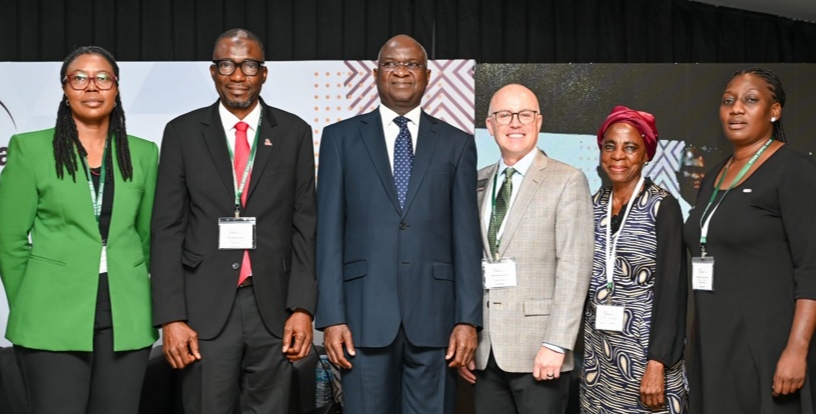Babatunde Fashola, a former Minister of Works and Housing in Nigeria, has issued a compelling call for legislation mandating facility management and maintenance for all public and private buildings across the country. He argues that institutionalizing these practices is crucial for ensuring the long-term sustainability of Nigeria’s infrastructure. Speaking at the IFMA Global Africa Conference 2025 in Lagos, Fashola emphasized the multifaceted benefits of sustainable facility management, including job creation, climate change adaptation, and the efficient utilization of public resources. His argument centers on the idea that maintenance, not just construction, is a vital component of infrastructure development and offers significant long-term economic opportunities.
Fashola pointed out a critical disparity in the construction industry: while building construction provides short-term employment for roughly 30% of professionals, the operation and maintenance of these facilities offer long-term employment for over 70%. This highlights the potential of facility management as a sustainable source of employment, contrasting sharply with unsustainable, environmentally detrimental alternatives like motorcycle and tricycle transportation. He advocates for a shift in focus and resources towards facility management, portraying it as a more viable and enduring pathway to economic empowerment. Furthermore, he stressed that infrastructure budgeting should extend beyond initial construction to encompass maintenance contracts for essential public facilities like schools, hospitals, roads, bridges, water systems, and government buildings.
The emergence of “smart buildings” equipped with sensor-based technology for lighting, heating, and water supply further underscores the need for a skilled workforce in facility management, Fashola argued. These technologically advanced buildings require specialized expertise to ensure optimal performance and efficiency. He emphasized that sustainability is no longer a mere trend but a global imperative integrated into policy, financing, and credit frameworks. Nigeria, he urged, must prioritize this aspect to effectively prepare for the challenges and opportunities presented by rapid urban growth. This proactive approach is essential for securing funding, attracting investment, and ensuring the long-term viability of infrastructure projects.
Michael Geary, President and CEO of IFMA Worldwide echoed Fashola’s sentiments, highlighting the inseparable link between the future of facility management and sustainability, particularly in Africa. He characterized Africa’s rapid growth as a unique opportunity to develop and manage infrastructure that is not only efficient and resilient but also environmentally and socially responsible. Geary emphasized that embracing sustainable facility management practices extends beyond optimizing individual buildings; it contributes to building a more prosperous and sustainable future for communities across Africa while setting a global benchmark for what is achievable. This holistic approach recognizes the broader societal impact of sustainable infrastructure development.
Sherif Daramola, President of the IFMA Nigeria Chapter, described the conference, the first of its kind in Nigeria, as the culmination of a 27-year-old dream envisioned by the association’s founding members. He emphasized the significance of the gathering, bringing together industry leaders, policymakers, innovators, and students to reshape the built environment through topical presentations, panel discussions, and technical sessions. This collaborative platform fosters knowledge sharing, innovation, and the development of best practices within the facility management sector. It also highlights the growing recognition of the importance of professional facility management in Nigeria.
Christa Dodoo, Global Chair of IFMA, commended the Nigerian and Ghanaian chapters for their contributions to professionalizing facility management in Africa, noting the remarkable 200% growth in Nigeria’s membership. This growth reflects the increasing awareness and adoption of professional facility management principles within the country. Dodoo issued a cautionary note regarding the unprecedented wave of urbanization facing Africa, with Lagos projected to become the world’s largest city by 2100, housing an estimated 100 million residents. This dramatic growth necessitates a skilled workforce capable of operating and maintaining these facilities, adhering to the highest standards of efficiency, safety, and functionality. This presents significant opportunities for the facility management profession while also making it a crucial asset for Africa’s economy and future.


